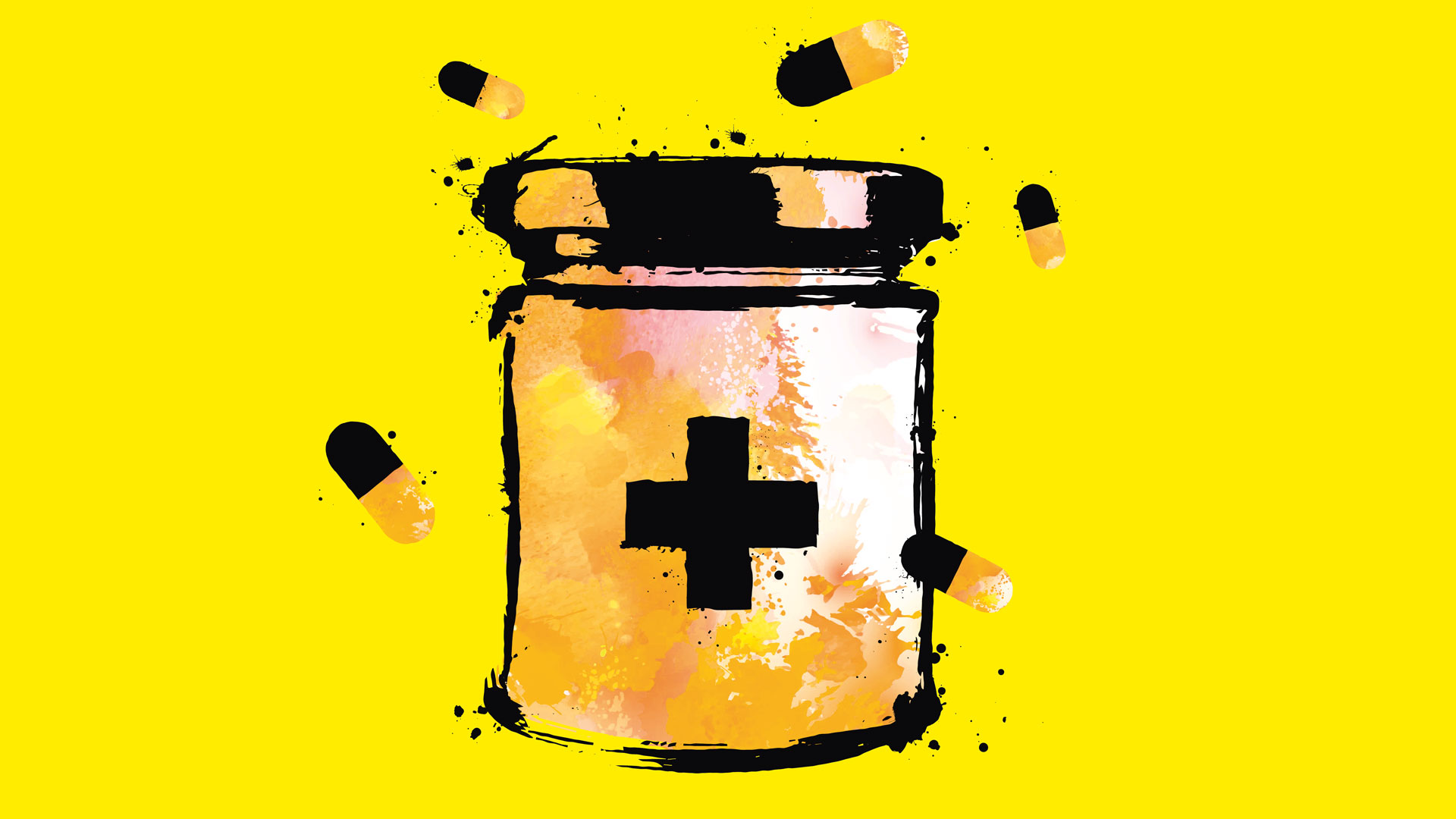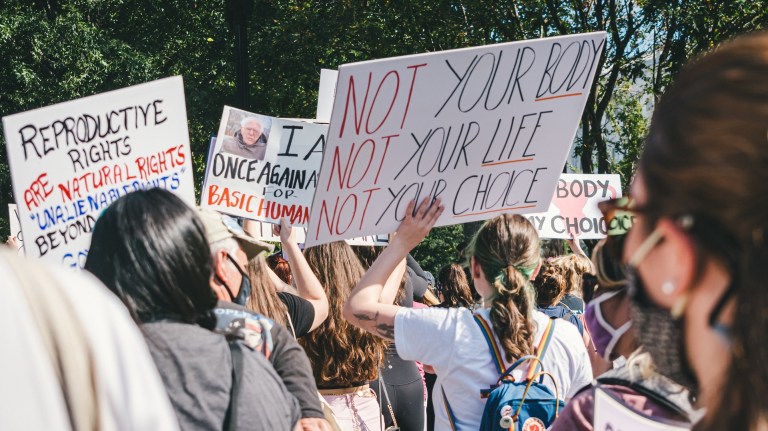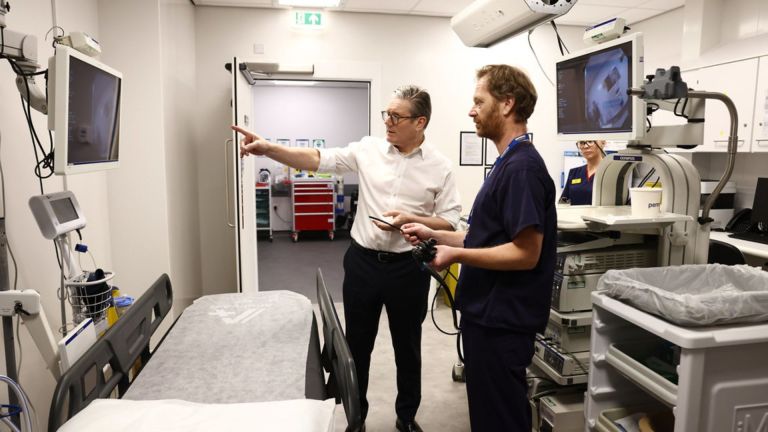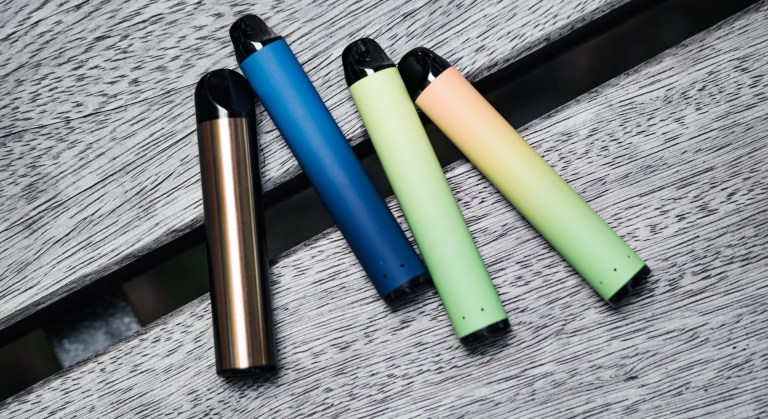Resistance is a formidable opponent, but one of her weapons of choice is surprisingly humble. “Given the rate at which bacteria are becoming resistant there’s a big need to look at alternatives to traditional antibiotics. We’ve worked with a few different substances that are known to be antimicrobial, including honey,” she says.
“Honey has been used in medicine for centuries. Predominantly it has three mechanisms of action. One, its pH – it’s slightly acidic. Secondly, it’s osmotic, which means it can draw water away from bacterial cells and so can cause cell death. And thirdly, it’s capable of producing chemicals called reactive oxygen species, which can damage the DNA of bacteria and kill them.”
Her team’s work at the moment, she says, is focusing on the ability to control the release of antimicrobials. This is vital because the dose that bacteria are confronted with can contribute to the rate at which they become resistant. And whether it’s traditional drugs or the new pretenders, building in good practice in how we use these wonder medicines is key.
“It’s really important that whether we’re trying to deliver honey or a traditional antibiotic or any other antimicrobial that we have systems that are capable of sustaining doses that can kill bacteria effectively,” says Dr Cox.
“If you deliver too little of an antibiotic then some bacteria might survive
and therefore get used to low levels of that antibiotic. Eventually they can
develop resistance.
“And if you deliver too much then you’re essentially misusing the drugs that are still working for us. So we want to find ways of using antibiotics more effectively.”
Advertising helps fund Big Issue’s mission to end poverty
Back to honey. Could bees really offer humankind a second chance after we were caught out taking antibiotics for granted?
Well, the potent properties Dr Cox describes aren’t present in just any jar of supermarket honey. The stuff her team are using is a very particular kind and processed in a specific way to protect its ability to produce the reactive oxygen that can damage the bacteria’s DNA. But magic properties aside, there’s still a sticking point with honey – it’s sticky. But fortunately Dr Cox has a sweet solution.
“Our team have been trying to use formulation engineering, which is essentially capable of transforming products into different physical states so that they’re easy to deliver,” she says.
Potentially honey could be used in hospitals as well as the home.
“Formulation engineering is used a lot in food science, there’s a lot of engineering that goes into mayonnaise for example, and we apply those same engineering principles with the challenge of making the product easy to deliver.
“So we’re using things like emulsions where you can encapsulate the honey in a delivery system that makes it behave like a cream. Or you can try to reduce the viscosity so it could be sprayed.
“We do a lot of work to find ways to control the release of the honey but also to change the physical behaviour of the end product so it’s easy to apply. Potentially honey could be used in hospitals as well as the home, but there’s still a lot of fundamental work to do.
Advertising helps fund Big Issue’s mission to end poverty
“We’re still really trying to understand how the products are able to kill different types of bacteria and what the best dose is so we’re not encouraging resistance.”
The work is about developing new and exciting drugs, but always with one eye on the looming threat of resistance. Dr Cox says scientists are now garnering a vital understanding of what happens.
“The mechanisms by which bacteria develop resistance to traditional antibiotics are really being unpicked,” she says.
“There are a number of academics who lead in that area at the University of Birmingham and their work can give us really valuable information. Because if we understand those mechanisms we can find new ways of targeting bacteria and exploiting their weakness.”
Watch the Pride special collection.
Our LGBTQ+ film playlist offers a new and interesting angle on LGBTQ+ love and struggle – giving an international overview by taking us inside some of the most and least sexually liberated countries in the world.
Sign Up NowBut not every challenge can be tackled in the lab. Societal change is needed to prevent the rate of resistance growing, and we need to understand how those antibiotics that still work for us can be used most effectively. And simple things like hygiene remain key.
Dr Cox and her team are relishing the challenge though. “It’s quite complex, but it’s exciting,” she says. “This project is very much about thinking, as an engineer, how we can be contributing solutions to the problem.
Advertising helps fund Big Issue’s mission to end poverty
“It’s absolutely similar to climate change in the sense that the effects aren’t going to be felt by this generation. They will be felt in the next generation. It’s what we do today that will change the outcomes of tomorrow and years to come.”
To learn more about this research, visit birmingham.ac.uk/honey










